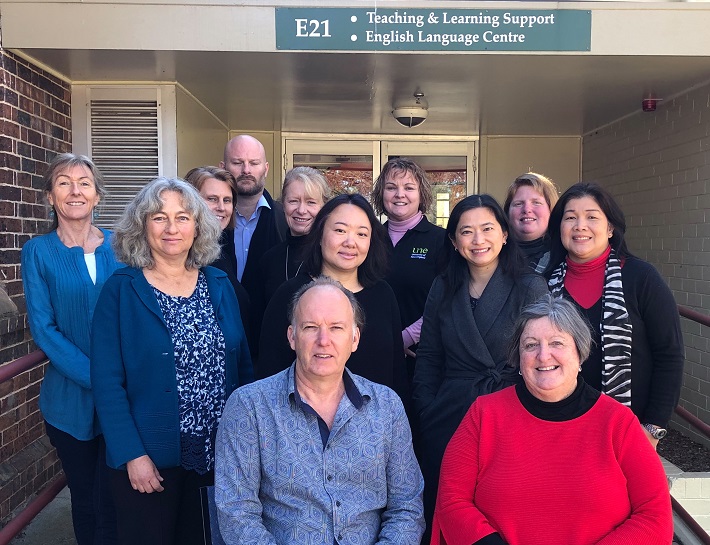The University of New England’s English Language Centre (ELC) has achieved number one rankings in key indicators for international student experience according to the biennial Australian English Language Barometer (ELB) survey results released last month.
The ELC ranked first nationally out of 54 English Language Intensive Courses for Overseas Students (ELICOS) centres, first out of 32 ELICOS centres located on university campuses, and first out of the eight regional universities surveyed across the main areas of Learning, Living, Support (non-academic) and Arrival.
Pro Vice-Chancellor External Relations, Professor Mingan Choct, was elated with the results and praised the staff for their consistent hard work in preparing students to study in a different language.
“The Barometer is the leading bench marking tool used to track the experience of international students and we cannot ask for a better endorsement of our staff’s hard work and dedication than these results,” Prof. Choct said.
“Travelling to a foreign country to study can be an intimidating experience, especially for students who do not speak English as a first language. The support and guidance the ELC offer to these students helps them get the most from their UNE experience personally, socially and academically.
“And, while our ELC was the smallest of all the ELCs surveyed, our results are second to none. It is our best performance in the survey to date.”
The UNE component of the survey had a 100% response rate – unusual in itself – with all 85 students studying at the ELC at the time of the survey sharing their expectations and perceptions across 67 aspects of their study experience: from pre-arrival and assistance with visa applications to arrival, living and support.
UNE has been a participant in the survey since it was first introduced in 2009. The 2017 results are its best yet with the ELC scoring 6.4% above the national average and 3.7% above the average for other regional universities surveyed. Areas marked for improvement included earning money, transport and safety.


